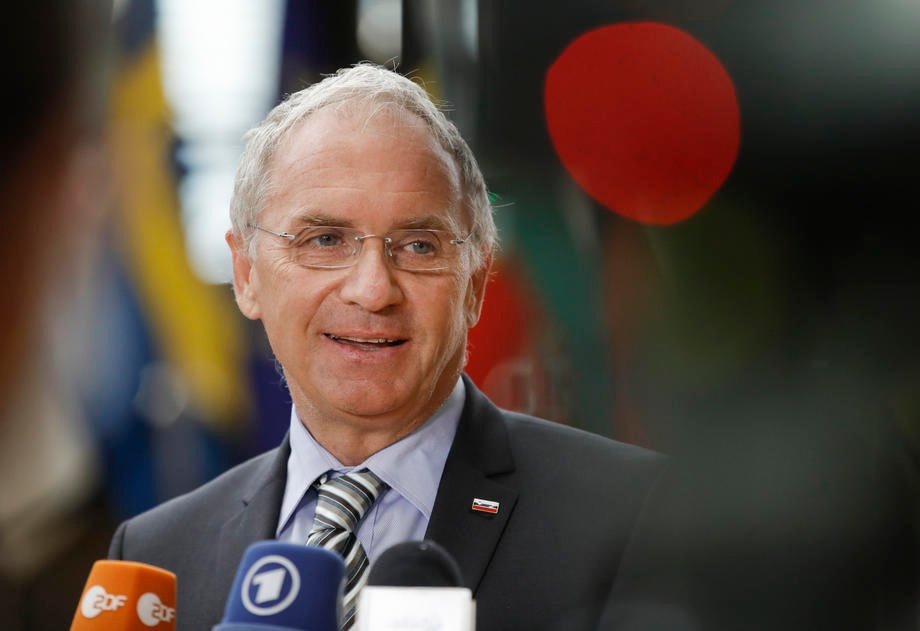After Luxembourg’s Foreign Minister Jean Asselborn sided with those who support mass migrations of migrants by expressing his support for the admission of tens of thousands of Afghans to the European Union, common sense has nevertheless prevailed in the end. In a joint statement, Ministers of the Interior of the EU Member States wrote that the EU is determined to prevent the uncontrolled influx of migration from Afghanistan. This is the position taken by Slovenian Minister of the Interior Aleš Hojs. He emphasised that Slovenia is currently not in favour of new humanitarian corridors to Europe, as no one wants a repeat of the 2015 migrant crisis.
Since Slovenian Prime Minister Janez Janša and Austrian Chancellor Sebastian Kurz emphasised that they did not want mass migration to happen again, they found themselves being heavily criticised by the Luxembourg Foreign Minister Jean Asselborn, who accused them of rejecting direct human solidarity. “I hope that others will oppose the opinion of Mr Kurz from Austria and Mr Janša from Slovenia, both of whom are clearly and firmly in line with Orban, Salvini and Le Pen,” he said and made it clear that he believes the quality of being European is being lost due to opinions like this.
However, in a recent joint statement, the foreign ministers of the EU Member States have indicated that they do not want the EU to have to face uncontrolled migration again, this time from Afghanistan. They also pointed out that incentives for Illegal migration should be avoided. They called for increased support for third countries hosting larger numbers of refugees and migrants. As they also stated, the evacuation of EU citizens and the Afghans who have worked with the EU and its Member States remains a priority.
When Slovenian Interior Minister Aleš Hojs presented Slovenia’s position on Tuesday – that we are currently not in support of opening new humanitarian corridors – he also reminded everyone that help should not be denied to more vulnerable groups – women, children and the elderly. He stressed that if they are leaving Afghanistan, they urgently need to be offered help. In order to make the necessary assistance available, the EU Member States have announced that they will reinforce their assistance to international organisations based in Afghanistan and neighbouring countries.
Ministers of the EU Member States also support the idea of providing aid to third countries in the region, which provide shelter to larger numbers of migrants and refugees. “These countries also need to be helped, so they can provide adequate reception facilities, and the Member States will voluntarily opt for assistance in the form of permanent relocations,” Hojs added. Commissioner Ylva Johansson, who covers the field of home affairs, did not provide specific resettlement figures but did emphasise the need for a global agreement on migration, as this is not a challenge that only concerns the European Union.
As the EU wants to avoid uncontrolled migration, it will try to work with other countries to strengthen border management capacities, which will, in turn, prevent the smuggling of migrants and trafficking in human beings. The EU Ministers also called for the strengthening of all relevant agencies, in particular the EASO – European Asylum Support Office, Europol, and the Border and Coast Guard Agency (Frontex).
Despite the loud opposition from the Luxembourg foreign minister in charge of immigration, the ministers still managed to find common ground. According to the Slovenian Press Agency, Hojs said that finding common ground had been difficult, and the discussion was “very heated” at times. “But in the end, we were able to form a joint statement, which is the most important thing at the moment,” he stressed with satisfaction. In their joint statement, the ministers called on both the EU and the Member States to do all they can to ensure that the situation in Afghanistan will not contribute to new security threats to EU citizens.
Nina Žoher


